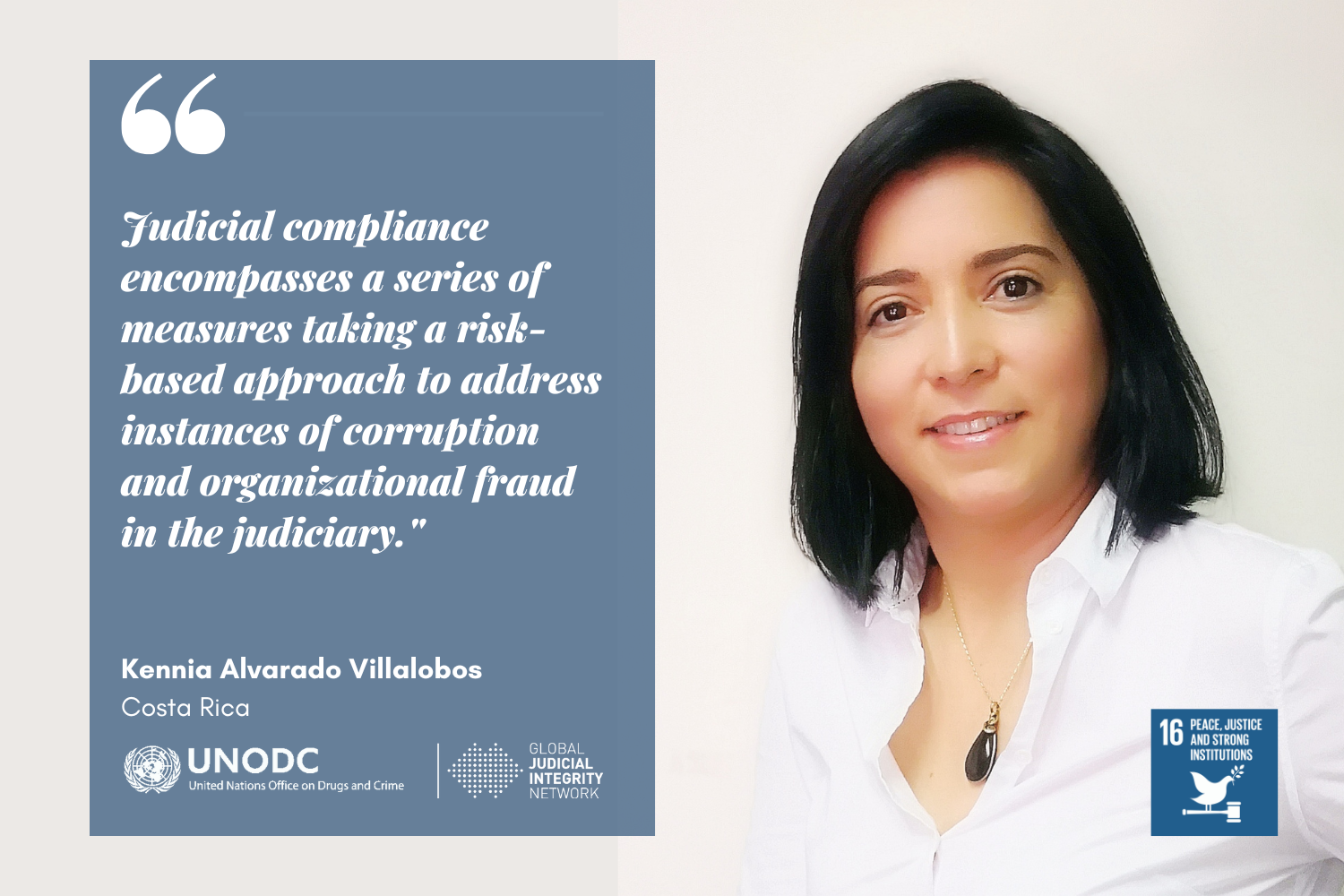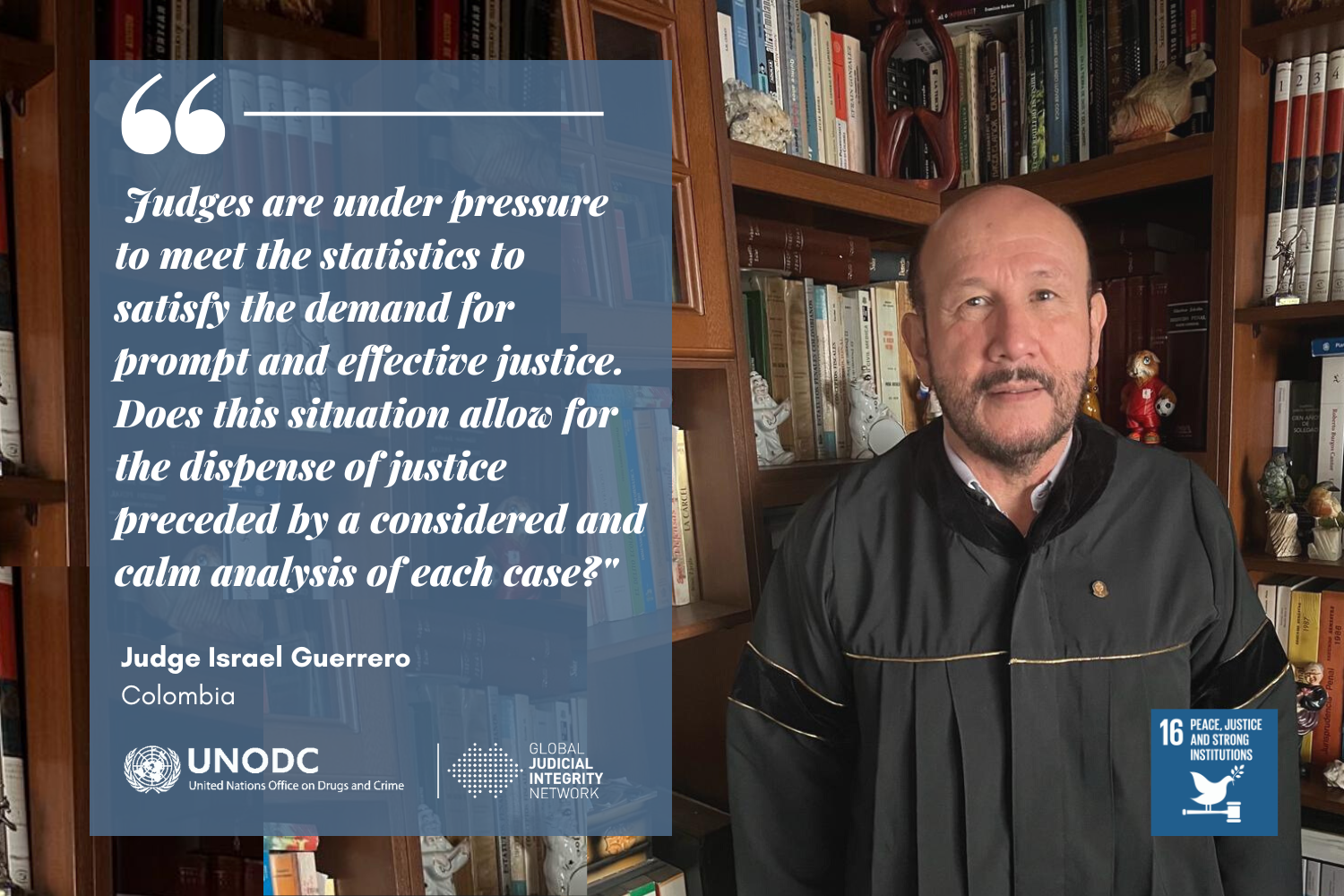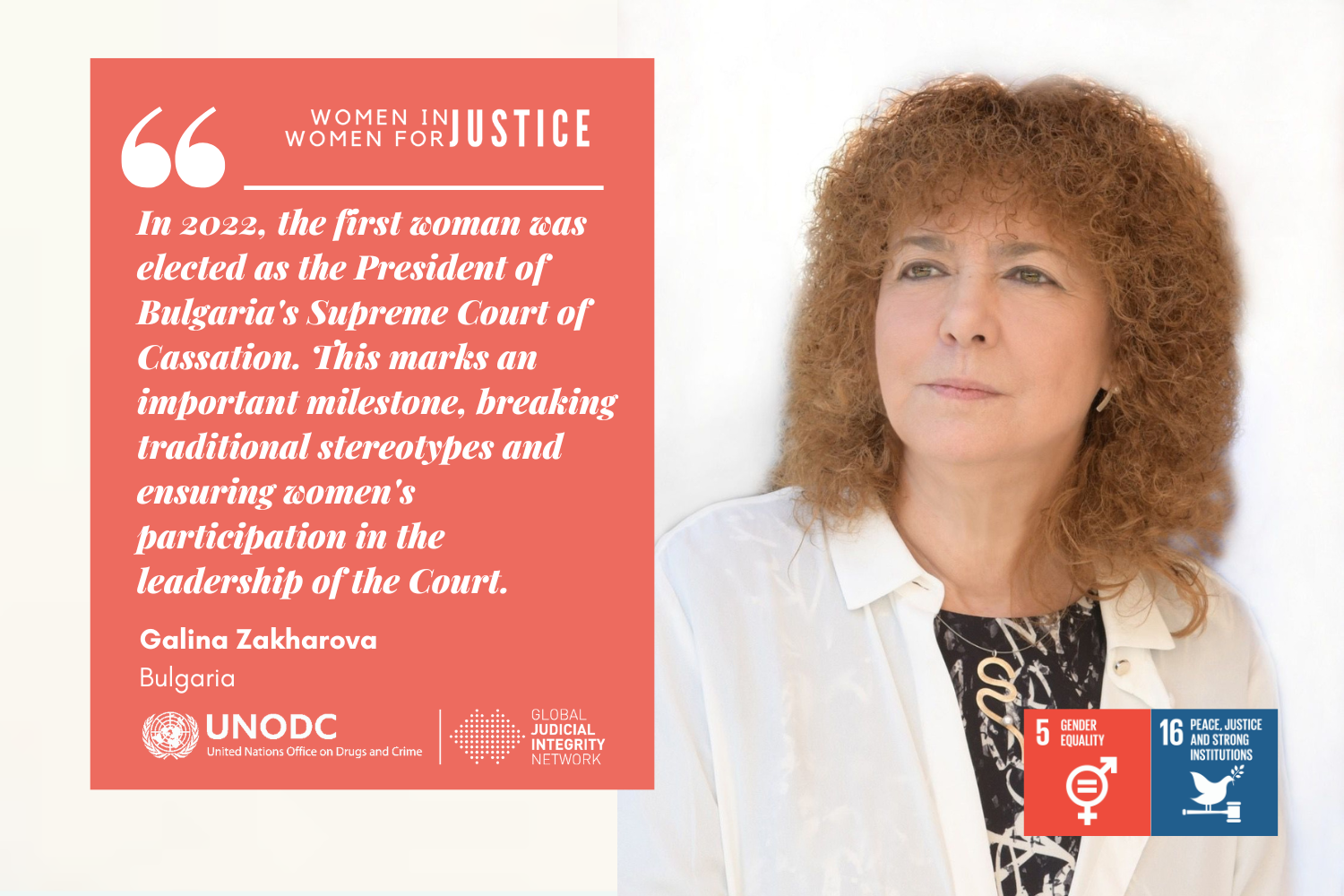Justice during, and after, a Time of Pandemic
By: Hanne Juncher
Hanne Juncher is the Head of the Justice and Legal Co-operation Department in the Directorate General of Human Rights and Rule of Law at the Council of Europe. All opinions expressed in this piece are solely those of the author as an external expert and do not necessarily reflect the official position of UNODC.
______________________________
The justice sectors in Council of Europe member states have been deeply affected by the COVID-19 pandemic. Special arrangements have been introduced in most systems in order to respect the need for social distancing, while at the same time delivering a minimum level of service in cases where postponement would have particularly harmful implications. This is the case notably as regards proceedings involving children, custody, domestic violence and detention. This responsiveness is to be welcomed.
States have rightly prioritized all matters related to their health care systems and their economies. This should be accompanied by an acknowledgement of the importance of ensuring access to justice - of disputes still being settled fairly and within a reasonable time, of rights still being upheld and of abuses still being identified and sanctioned. States should preferably be proactive about coping with the consequences of the pandemic for their justice systems and consider both short and long-term solutions. Limitations that were necessary during this extraordinary period should be lifted as a matter of priority. 1
Once normal court operations resume, partially or completely, measures may have to be put in place to ensure that the accumulated backlogs are dealt with, while respecting all procedural safeguards. States may have to allocate additional resources to create the necessary extra capacity. States in which judicial reforms were under way before the pandemic will face even greater challenges in ensuring that they are able to handle their ordinary caseloads, as well as those resulting from the reduced productivity during the periods of lockdown or confinement. In systems with a high number of vacant positions for judges and prosecutors, there is a risk that access to justice will be further negatively affected.
The Council of Europe's European Commission for the Efficiency of Justice ( CEPEJ) has made a range of tools and guidelines available about optimizing court performance, dealing with backlogs in courts, working with timeframes for different types of cases, managing the shift towards cyberjustice and bringing in the views of the users of justice systems and courts. These resources will be particularly relevant when it comes to reopening all courts and re-establishing normal operations, whether cases are urgent or not, and whether they take place in a virtual or physical procedure.
The Council of Europe, including the CEPEJ, looks forward to working with our member states and their institutions to help find and implement solutions to the types of challenges outlined here, and to any other difficulties that states may face when it comes to fulfilling their commitments in the field of justice.
To further this mission, the CEPEJ has set up a blog which aims to share and compare experiences and practices in the field of emergency organization of court operations and thus helping Council of Europe member States to better design emergency measures and respond adequately to current challenges.
1 See also " Respecting democracy, rule of law and human rights in the framework of the COVID 19 sanitary crisis - A toolkit for member states", issued by the Secretary General of the Council of Europe on 7 April 2020.


